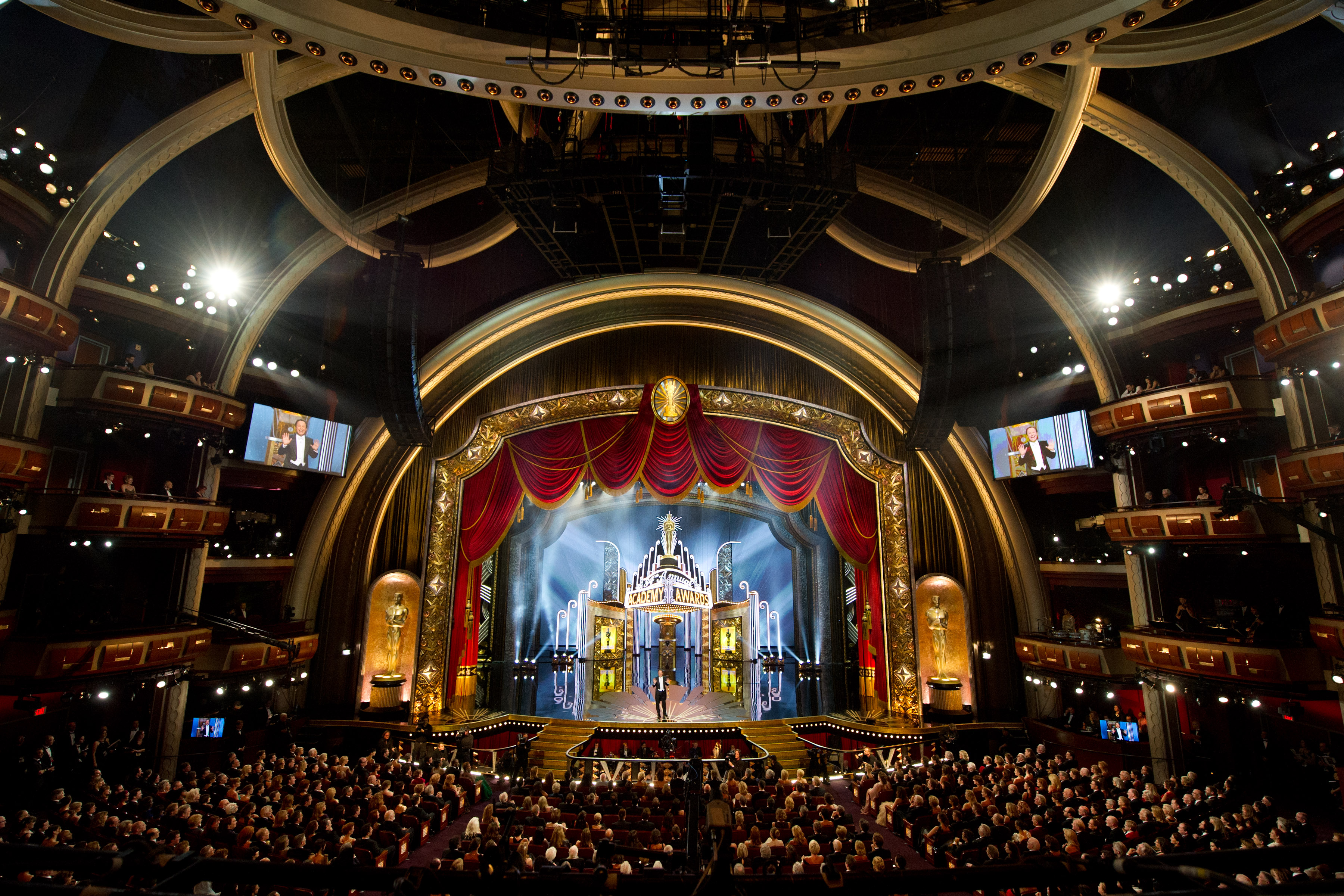The Oscars are Trying to Adapt to the Modern Viewer

The Academy of Motion Picture Arts and Sciences have announced some major changes to next year’s awards show, including a new category for more popular films, a shorter run time, and more.
For many, the Academy Awards might seem representative of the disconnect between general audiences and the Hollywood elite. While movies like Marvel and Star Wars titles tend to dominate the box office, the Oscars have lately leaned in more to recognizing smaller films deemed more “artistic”. In fact, this has even lead to the phrase “Oscar Bait” to be thrown around, a mocking recognition of the relatively narrow range of characteristics that many award nominees may pander to.
Perhaps to address the backlash from this perceived elitism the Academy has recently contacted its members with the following message:
“Dear Member,
Last night, the Board of Governors met to elect new board officers, and discuss and approve significant changes to the Oscars telecast.
The Board of Governors, staff, Academy members, and various working groups spent the last several months discussing improvements to the show.
Tonight, the Board approved three key changes:
1. A three-hour Oscars telecast
We are committed to producing an entertaining show in three hours, delivering a more accessible Oscars for our viewers worldwide.
To honor all 24 award categories, we will present select categories live, in the Dolby Theatre, during commercial breaks (categories to be determined). The winning moments will then be edited and aired later in the broadcast.
2. New award category
We will create a new category for outstanding achievement in popular film. Eligibility requirements and other key details will be forthcoming.
3. Earlier airdate for 92nd Oscars
The date of the 92nd Oscars telecast will move to Sunday, February 9, 2020, from the previously announced February 23. The date change will not affect awards eligibility dates or the voting process.
The 91st Oscars telecast remains as announced on Sunday, February 24, 2019.
We have heard from many of you about improvements needed to keep the Oscars and our Academy relevant in a changing world. The Board of Governors took this charge seriously.
We are excited about these steps, and look forward to sharing more details with you.
John Bailey and Dawn Hudson”

The first thing of note here is that the show is being shortened to three hours. Past shows have pushed to closer to four hours, so while still long, this new format may make the Oscars at least a little bit more accessible.
To help facilitate this shorter run time, the Oscars will now only televise select award categories. Previous shows have featured over two dozen categories. While the choice to not air some may be controversial, many viewers are likely not interested in titles like Best Sound Mixing and Best Documentary Short Subject anyway.
Perhaps the biggest change is the new award for “outstanding achievement in popular film”. This award may prove interesting, as it seems designed in a way that doesn’t necessarily the “most popular” film of the year, which would be easily decided on by simply looking at earnings. Instead, it looks like it might recognize the most culturally influential film, which could really be a fantastic addition to the show.
Finally, apparently the Oscars in 2020 are being rescheduled to an earlier date in the year. While an early February slot might make the previous year’s films seem fresher, it’s also important to note that this may also be an sign that the changes in this letter are intended to be permanent, as opposed to simply a stunt for the upcoming 91st Academy Awards.
It will be interesting to see how these changes affect viewership of the Oscars, as well as public opinion of the Academy itself. The 91st Awards will be held on February 24, 2009.







